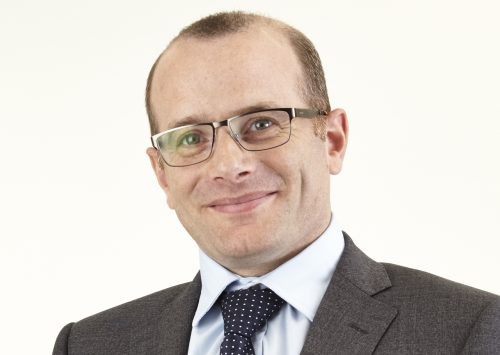How to succeed when members of staff are family members

The first in a three-part series of articles from a family business roundtable with Kuits Solicitors
You can’t choose your family, so how do family businesses choose their staff.
For the people who run them and for those who work in them, family businesses can feel very different to the corporate world.
Of the many balancing acts required, weighing up the competing demands of the family and the business is among the hardest.
But for San Carlo managing director Marcello Distefano it is the quality of the ingredients that make up the workforce which is of paramount importance.
“If you always call it a family business, and hide behind that, then you know there’s only going to be one end to this business eventually – whether it’s this generation or the next one,” he said.
“First and foremost it’s a company like any other company and everybody needs to be treated the same and recruited the same…”
“…and you promote them on merit and not on the name,” added Suttons Transport Group chief executive John Sutton.
“If you had two identical candidates, all things being equal, the family member might get the job. But that’s not the way it works in life, people aren’t equal, so you have just got to pick the right person for the role.”
Another difficult question is the timing of a family member joining the business – immediately, and learn from the ground up, or once they have the experience to add value?
Paul Bricknell, tax partner at Kuits, which specialises in advising family businesses and hosted the roundtable, said: “Every family business has a different view about whether you come into the business when you are ready, or do you have to go and get experience elsewhere first?
“If you do come in at 18 or 21, do you have to work at the bottom or do you start working in the office from day one?
“Every family business takes a very different attitude to where and how a family member starts in the business.”
Chris Connolly worked at Balfour Beatty before joining his father’s firm, Connolly, when it was a £1m-turnover painting firm. Today, the Wigan business is a £20m-turnover construction firm specialising in social housing.
But the experience of working outside the family business means he appreciates the very different atmosphere the family business has.
“I love walking in and enjoying the culture that has been created, really, genuinely enjoying working with everyone you are with on a daily basis,” he said.
“It’s really hard to replicate. Having worked in other places, it’s fantastic to hear that from staff and to feel it yourself.”
Maintaining the culture is a challenge as the business grows, just as growth can mean that a job gets too big for a family member.
Distefano added: “I’m of the opinion – and I’m a bit black and white about it – if I feel that I can get somebody better in to do the job, then I’ll get somebody better in.
“I believe that for myself. If I get to a certain stage and I believe the business is too big for me or I’m failing, I’ll either bring in somebody to support me on it or I’ll hand over a certain part of that role of the daily managing of the business to someone else.”








